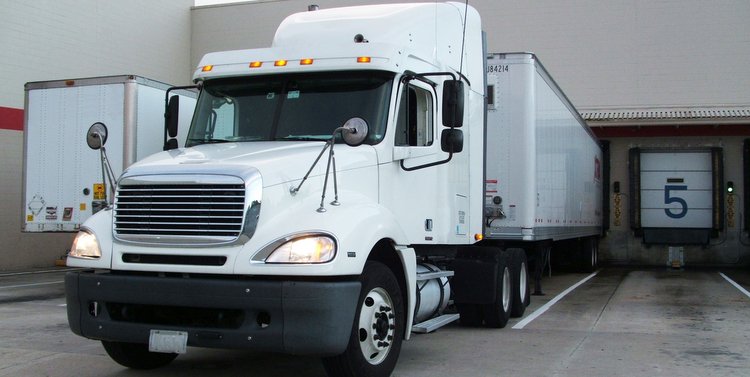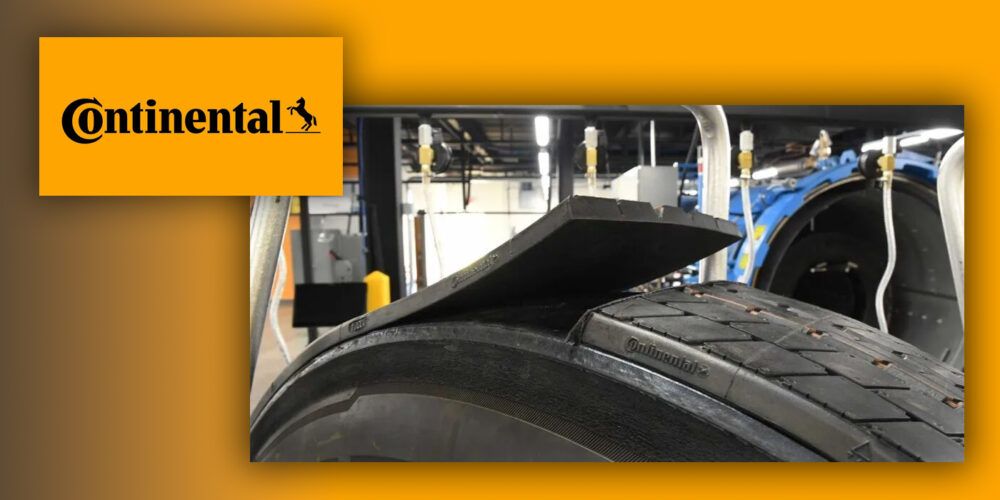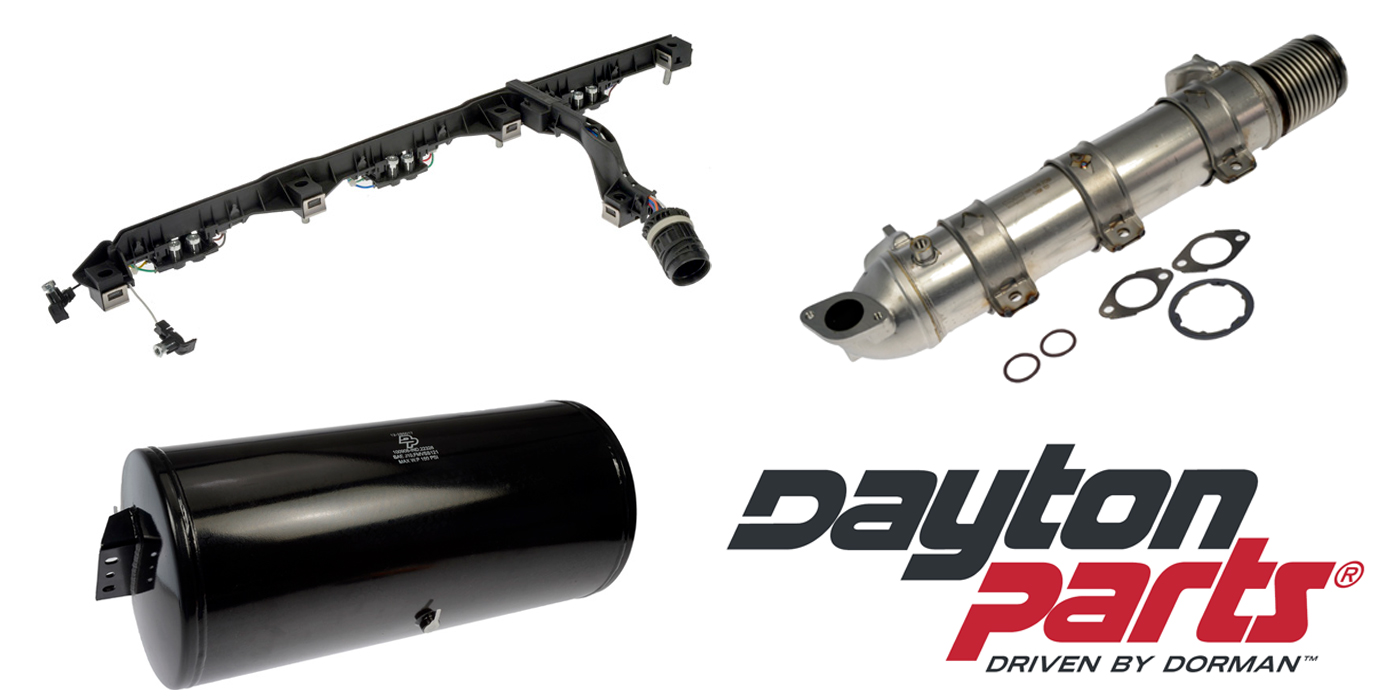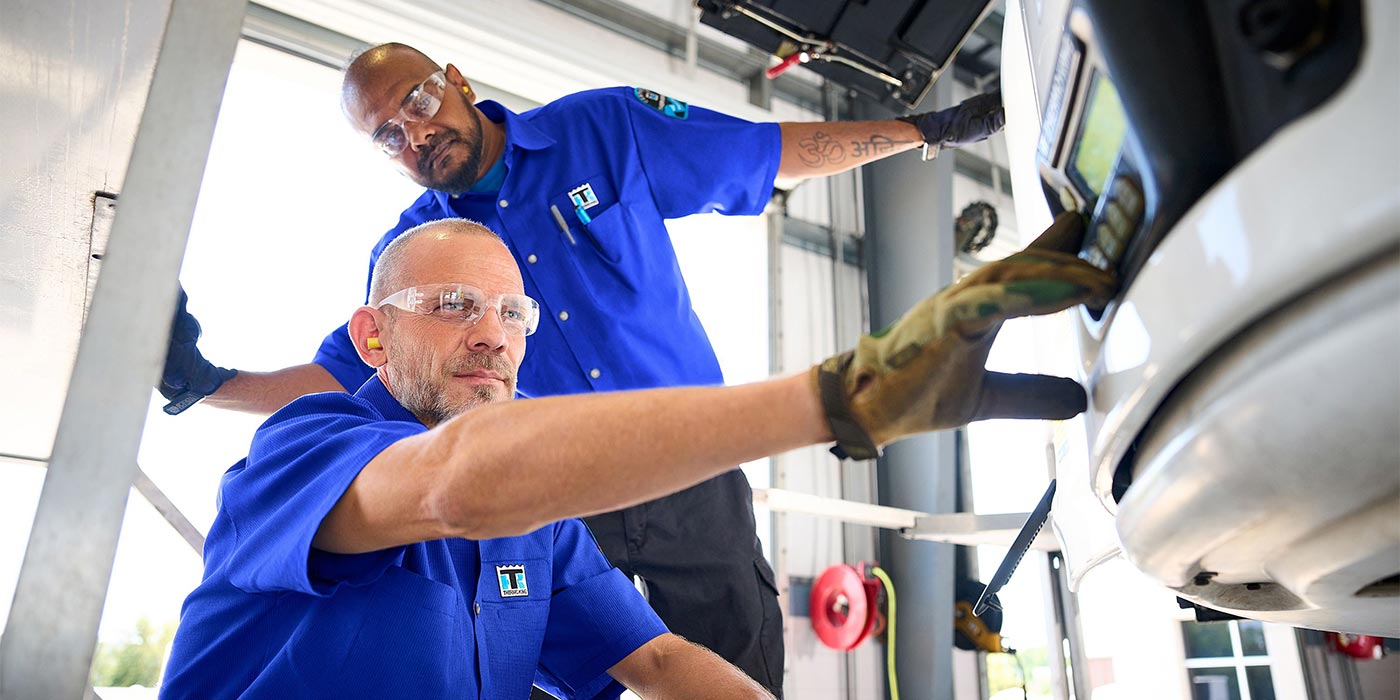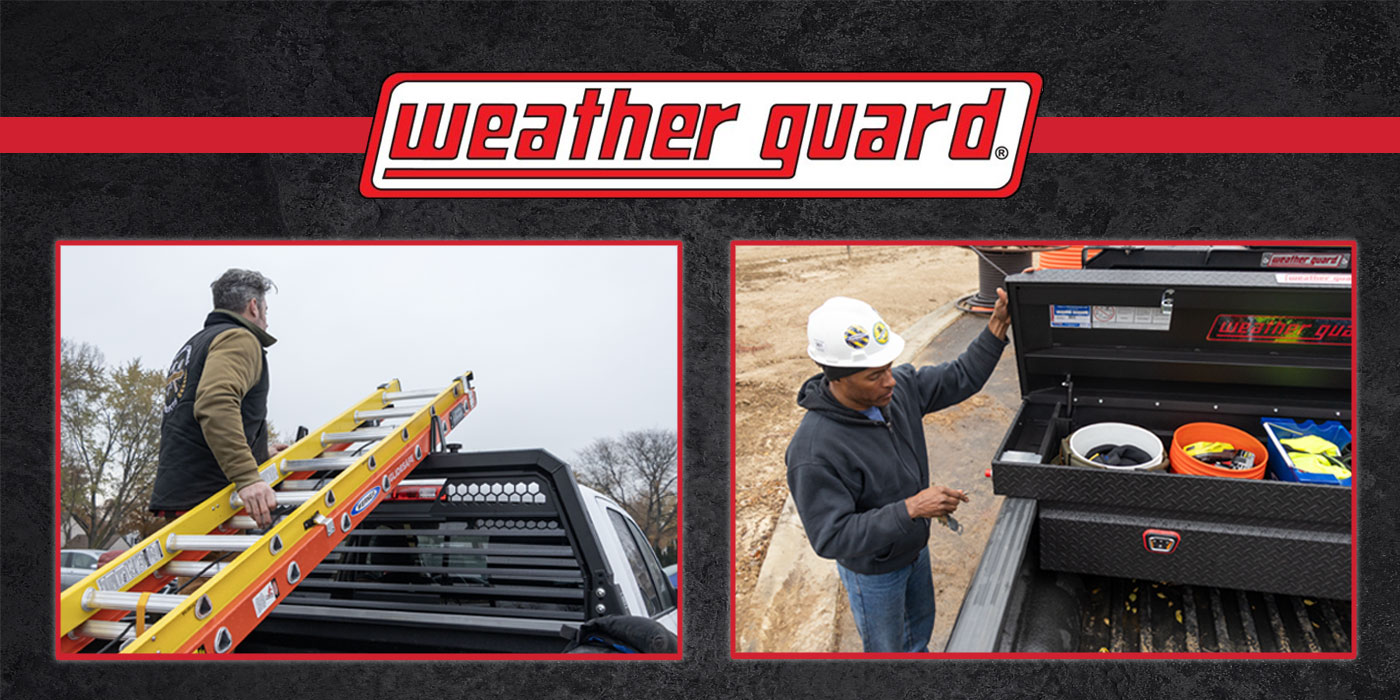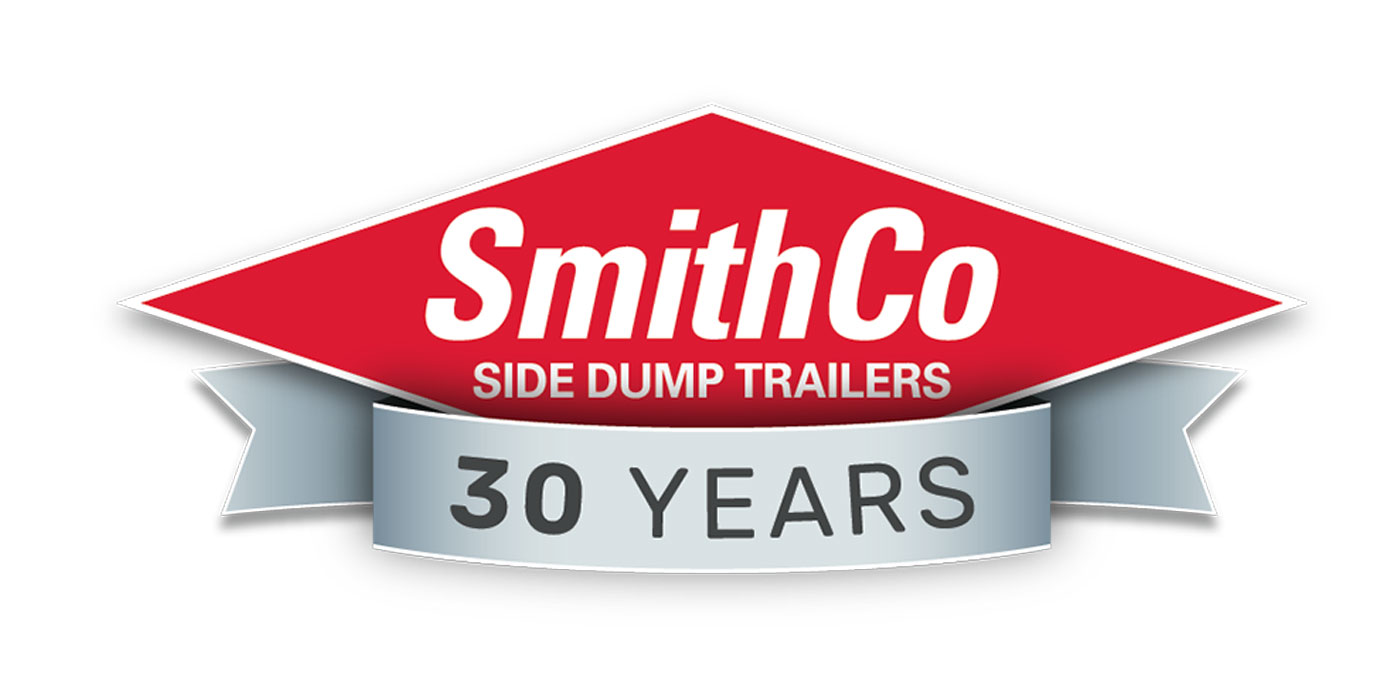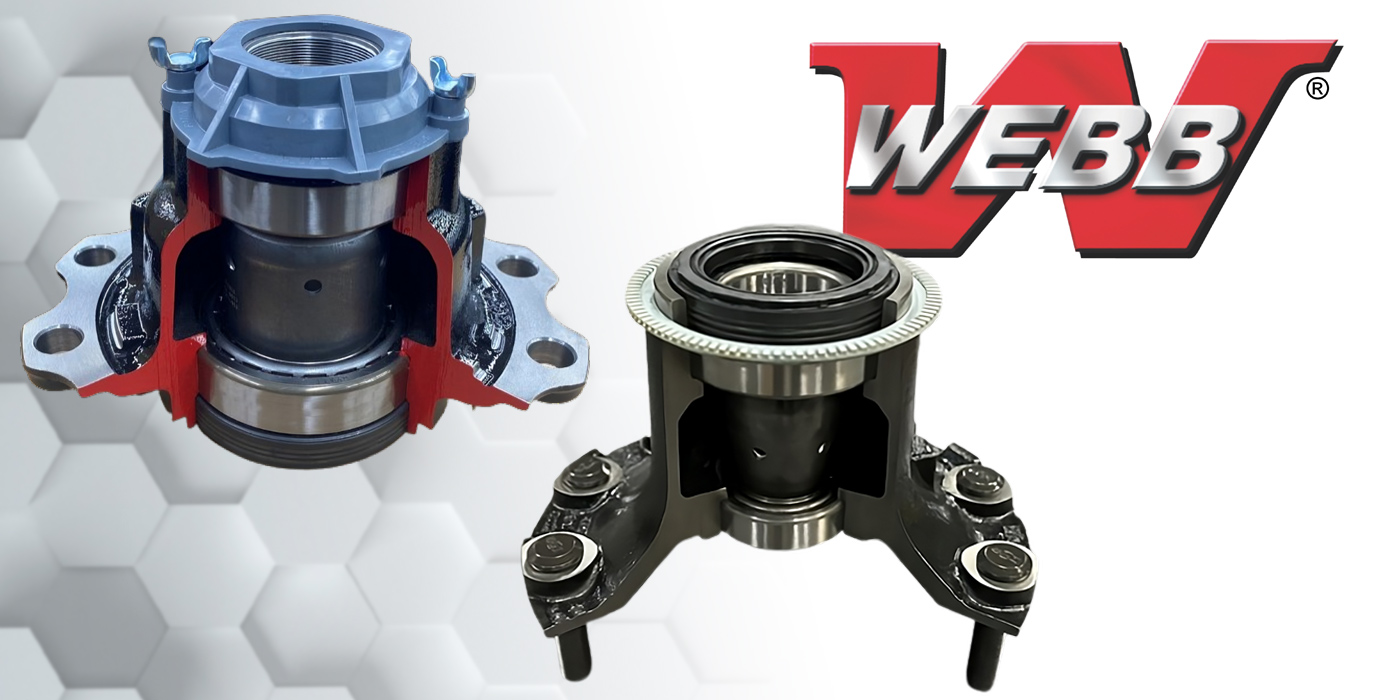Editor’s note: The following article provided to Fleet Equipment by Chevron Lube Matters, as part of an ongoing series of blogs. The piece was written by Leonard J. Badal, Jr., commercial sector manager for Chevron Lubricants. For more Chevron blog posts, visit their website.
The last time you specified a new group of on-highway tractors did you start to ask yourself, “Where did all my choices go?” If you did, you’re not alone.
The reason is simple: vertical integration. To improve fuel efficiency, truck manufacturers, and engine and transmission builders, are designing proprietary engine-drivetrain configurations.
It may soon no longer be possible to specify different makes of trucks with the same powertrains, and there will be added complexity when it comes to transmission fluids and gear lubricants for fleets that typically have a variety makes of vehicles in the field. In other words, one lubricant may not be compatible with components from various manufacturers. Beyond causing performance issues an unapproved fluid also may void warranty coverage.
The complexity will increase in shops as well. Fleets with mixed vehicle specifications will need to inventory a number of different transmission fluids and gear lubricants. Manufacturers also may designate two or more approved gear oils, and a lack of upward compatibility may require new fluids with each new set of vehicles to join an operation.
Viscosities Are Going Down
Like diesel engine oils, transmission fluids and axle oils are changing to help manufacturers address the need to meet fuel economy standards. Thus, there is a focused shift towards lower viscosity drivetrain fluids. Lighter oils improve fuel efficiency by reducing fluid friction and parasitic losses. The trend is to lower viscosity requirements until you reach the point where the lubricant can no longer protect against metal-to-metal contact.
Also allowing for lower viscosity transmission oils is the growing use of automated manual transmissions (AMT). Specified for their driver recruitment and retention, safety, fuel economy and maintenance benefits, AMT designs are well suited to the use of lower viscosity lubricants.
New Regulations
There is even more complexity coming in the heavy-duty, on-highway truck market. As if change driven by business and operational needs, or outside factors such as regulations isn’t constant enough, in mid-June, the U.S. Environmental Protection Agency and the National Highway Traffic Safety Administration proposed tighter greenhouse-gas emissions and fuel economy standards for heavy- and medium-duty trucks.
The long anticipated standards will begin to take effect in 2021 and are a continuation of the federal government’s fuel-efficiency standards for trucks that began in 2014. At the end of 2016, fleet operators also will see a major change in diesel engine oil performance standards. The new PC-11 heavy-duty motor oil category, which was developed to improve fuel economy and reduce emissions, and to provide improved engine and emission systems protection, will be in the market as API FA-4 and API CK-4. It is the first new standard since 2006.
Transmission fluid and gear lube specifications also have not changed in many years. As a number of factors and trends impact heavy-duty, on-highway trucks, however, current and coming changes will be needed, and fleets will have to focus closely on making effective choices.

